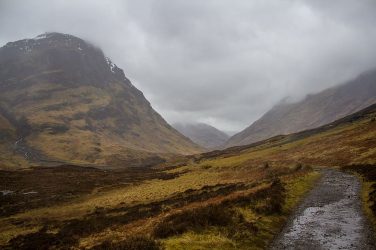A commitment that has long absorbed the energies of many, reducing the impact of plastics on the environment. This practice, which is certainly a good thing, is fine as long as it is not based on techniques that can make the situation worse. In fact, even technologies to remove plastics from ecosystems, created with the aim of cleaning up the damage done by industry, have their downsides.
In line with a publication in Environmental Science & Technology, these interventions have a very strong impact on the areas to be reclaimed.
In particular, unregulated cleaning technologies can be inefficient and have unintended negative consequences on ecosystems. For example through the removal of organic matter important for ecosystem functions. But also the bycatch of those species such as sea turtles and dolphins that are often taken away by nets that want to remove plastic from marine waters.
Moreover, to date, we still know little about what happens to waste after it is removed from the environment, which in theory should be recycled. Very often, leaving this project in the ‘wrong’ hands can cause more harm than good.
The idea proposed by the proponents of the research is that plastic removal technologies should be regulated by the Global Plastic Treaty, international guidelines to avoid damage.
Regulation is based on environmental impact assessments and life cycle analysis prior to the implementation of cleaning programmes, determining upstream the effectiveness the impact and destination of waste. Subsequently, assessments must also be made during operations and finally, data must be collected to evaluate waste management.









Show Comments